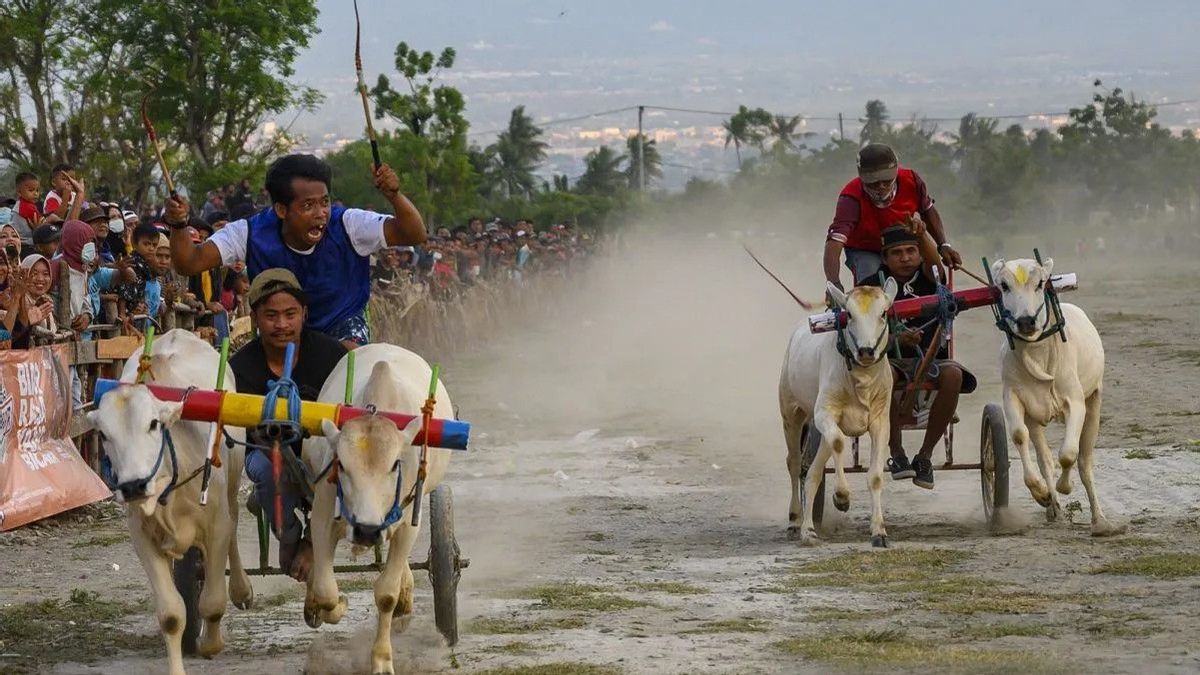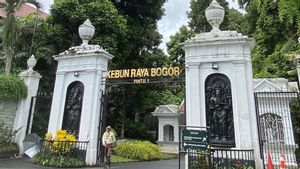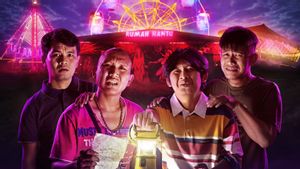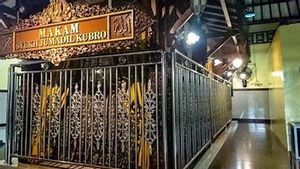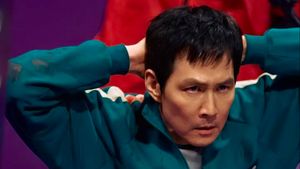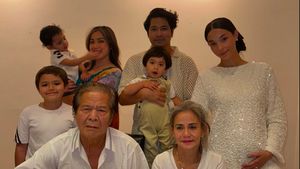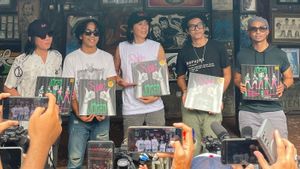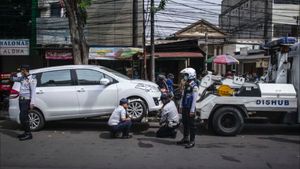YOGYAKARTA - The cultural peak is often considered the highest representation of the intellectual, artistic, and social achievements of a society.
However, what exactly is meant by the peak of culture? How do we identify it? And why is this important to understand?
This article will explore more deeply the concept of the peak of culture, by reviewing various perspectives.
Reporting from the website of the National University, the peak of civilization or culture is the result of a long journey by a community in exploring their creative and intellectual potential.
At this point, various cultural aspects reach the peak of harmony, where art, philosophy, and knowledge enrich each other.
But please note, the peak of culture is not the end point, but a momentum for a civilization to continue to develop and inspire future generations.
Also read the article that discusses the Corak which is an Imitation of the Form of Nature in Art
Then to define a comprehensive cultural peak, we need to consider a number of dimensions, including: innovative artistic expressions, rapid intellectual developments, significant social progress, revolutionary technological innovations, solid political stability, sustainable economic prosperity, and widespread global influence.
Indonesia's national culture is not just a summation of various regional cultures, but rather the result of a complex synthesis process. In this process, various cultural elements from various regions interact with each other, adapt, and unite to form a broader cultural identity.
Thus, national culture can be seen as the culmination of a long and sustainable creative process, in which the wealth and diversity of regional culture is the foundation.
Then reported from the Stekom page, Ki Hajar Dewantara, a national education figure, views national culture as the pinnacle of achievement from various regional cultural assets.
According to Ki Hajar Dewantara, the concept of culture hints at unity in diversity, where national identity is formed from various local cultural patterns.
However, in the context of unitary countries, this understanding is often interpreted as the majority cultural domination over minority culture. This raises concerns about the loss of regional cultural peculiarities and potential identity conflicts.
Prior to the amendment, the 1945 Constitution distinguished 'national culture' as a representation of the peaks of local culture spread throughout Indonesia, and 'national culture' as a common identity that includes local, foreign, and new elements.
This division aims to maintain cultural diversity as well as unite the nation. However, by abolition of several explanations in Article 32 of the 1945 Constitution after the amendment, concerns about potential divisions due to the lack of clarity of boundaries between the two are increasingly prominent.
BACA JUGA:
Meanwhile, according to Koentjaranrat, national culture plays an important role in shaping the identity and sense of togetherness of a nation. This culture is the result of a long and complex social process, as well as being the glue for diversity in society.
Indonesia's national culture is not a static concept, but continues to develop and change along with the social and cultural dynamics of society.
Although the roots come from various local cultures, Indonesia's national culture is also influenced by various external factors, such as globalization and technological developments.
Therefore, not all elements of local culture today will remain relevant in the future. Only elements are able to adapt to the changing times and remain relevant to the basic values of the nation that will continue to be part of the national identity.
Apart from the peak of culture, follow other interesting articles too. Want to know other interesting information? Don't miss it, keep an eye on the updated news from VOI and follow all of its social media accounts!
The English, Chinese, Japanese, Arabic, and French versions are automatically generated by the AI. So there may still be inaccuracies in translating, please always see Indonesian as our main language. (system supported by DigitalSiber.id)
